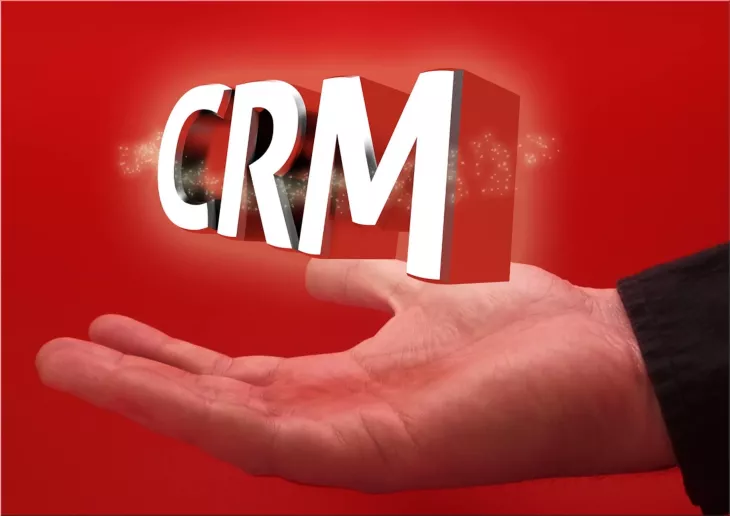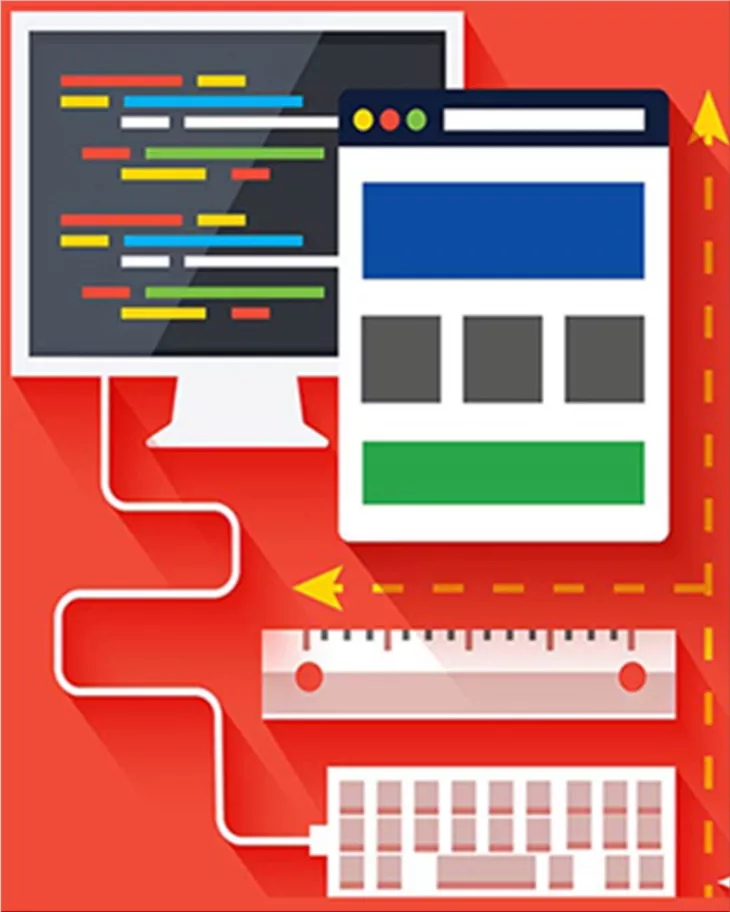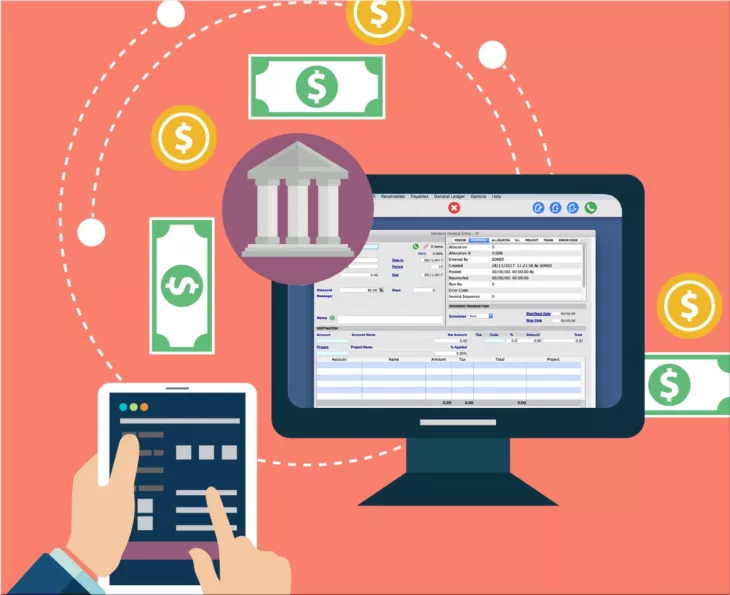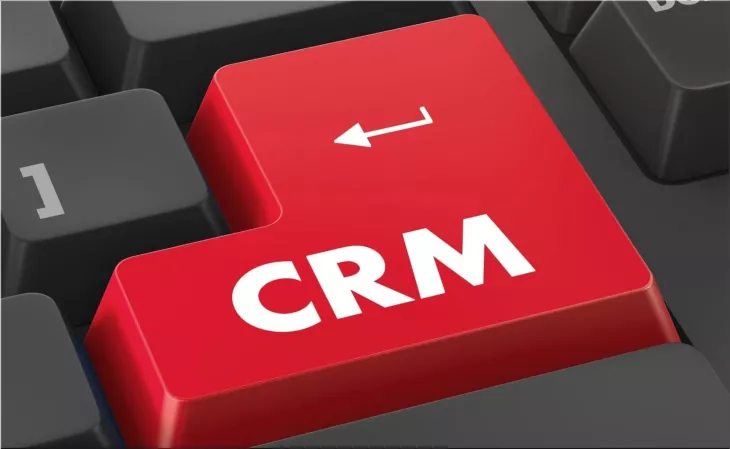Finances are the most tricky part of any business and maintaining a healthy accounting ecosystem becomes really difficult. Arrive CRM accounting software. It’s a powerful tool making businesses seamlessly track their accounts payable, expenses, and financial data- all from an integrated platform. However, the CRM accounting Software is a widely known concept these days and a wide array of options are now available. Choosing the best product for your business, thus becomes a challenge. This comprehensive guide aims to assist small business owners and financial officers in choosing the most suitable accounting CRM software for their operations.
Key Purpose of Implementing a CRM Accounting Software
- Streamlined Financial Management: Accounting CRM software simplifies the process of managing financial transactions, enabling businesses to consolidate accounts payable and expenses in one central location. This consolidation saves time and enhances accuracy in financial record-keeping.
- Enhanced Efficiency and Productivity: By automating calculations and standardizing financial processes, accounting CRM software boosts efficiency and minimizes the chances of errors. And, this way you can use your resources more effectively and become more strategic in terms of business operations.
- Compliance and Reporting: High-quality accounting CRM software ensures compliance with accounting regulations and facilitates accurate and timely reporting. It empowers businesses to generate comprehensive financial reports, enabling informed decision-making.
What happens when you implement a CRM Accounting Software for your business?
Well, there are several factors to consider, but here’s a look at the primary considerations that make your search easy.
Cost Considerations
- Budgetary Constraints: If you are an SMB and budget is a problem for you, make sure that you do a budget plan well in advance.Later, weigh it against the available accounting software options. Decide whether you prefer cost-effective, basic software or are willing to invest more for advanced features and functionalities.
- Pricing Plans: Evaluate the pricing plans offered by different software providers. Consider factors such as the number of users included in each plan and the additional costs for extra features or scalability.
- Return on Investment (ROI): Assess the potential ROI of the accounting software. While looking for a product, check the features thoroughly. After all, it’s your business and you need to make sure that the features must be in line with the business's growth, efficiency, and overall financial management.
Usability and Accessibility
- User Requirements: Determine the number of users who will need access to the accounting software. Consider whether you require a system that supports multiple users and offers customizable user permissions.
- Deployment Options: Decide between cloud-based software or desktop software based on your business needs. If you have space constraints and work on a remote setting, opt for a cloud based product. Cloud-based solutions that provide flexibility, remote accessibility, and automatic updates, while desktop software offers greater control over data and security.
- Mobile Accessibility: Determine whether mobile access is essential for your business. If it is, you need to get a mobile app implemented on your CRM system.
Feature Considerations
- Core Accounting Functions: Identify the specific accounting functions you require. Determine whether you need features for both accounts receivable and accounts payable management. Consider the level of automation and ease of use for these core accounting processes.
- Reporting Capabilities: Assess the reporting capabilities of the software. From profit and loss statements, balance sheet to cash flow reports- a company needs to check all for effective maintenance of the financial status of the company. Ensure the software can generate these reports accurately and efficiently.
- Additional Services: Consider whether you require additional services beyond basic accounting. Evaluate whether features such as time tracking, project management, and payroll integration are necessary for your business operations.
What are the Benefits?
- Automatic task completion: With accounting software, you no longer have to wait for others to complete accounting tasks. The software puts all the necessary tools at your fingertips, allowing you to perform accounting tasks yourself, saving time and promoting autonomy.
- Automatic Record-Keeping with Compliance Regulations: Accounting software dynamically creates and maintains a comprehensive record of your organization's financial transactions. This feature ensures compliance with government and industry regulations, facilitating easier audits and regulatory reporting.
- 100% Higher Accuracy: CRM Accounting software minimizes the chances of human error. By connecting directly to your bank accounts and pulling transactions and data, software eliminates the risk of typos or copy-and-paste errors. This automation ensures that your financial insights are detailed and accurate.
- Single Integrated Platform for all Financial Tasks: Go beyond basic accounting and perform all kinds of accounting tasks right from one single platform. From payroll management and tax compliance to invoice generation and accounts payable and receivable you can track, manage and perform everything right from a single dashboard.
- Optimized Payroll Management: The right accounting CRM software enables you to automate payroll activities. It calculates benefits and taxes accurately, ensuring prompt and precise payment for every employee. This feature simplifies payroll management, reduces administrative burden, and minimizes payroll-related errors.
In a Nutshell
Accounting software provides numerous benefits that streamline financial tasks and enhance efficiency for businesses. By utilizing accounting software, businesses can save time by independently completing accounting tasks and maintaining automatic records. The software also promotes higher accuracy by minimizing human error and enables centralized financial management, including payroll and tax compliance. With optimized payroll management features, accounting software simplifies the complex process of calculating and delivering accurate payments to employees. Embracing accounting software empowers businesses to focus on strategic financial decision-making, ultimately driving growth and success.
Wrapping Up
Selecting the right accounting software for your business requires careful consideration of cost, usability, and features. The choice of the product depends on the in-depth assessment of the budget, user requirements, deployment preferences, and desired functionalities. The right consideration helps you make an informed decision. Remember to prioritize the features that are crucial for your financial management, such as core accounting functions and reporting capabilities. Keep in mind the most complex operational process of any company is the business finances. With the right CRM software you can keep things in line.





























